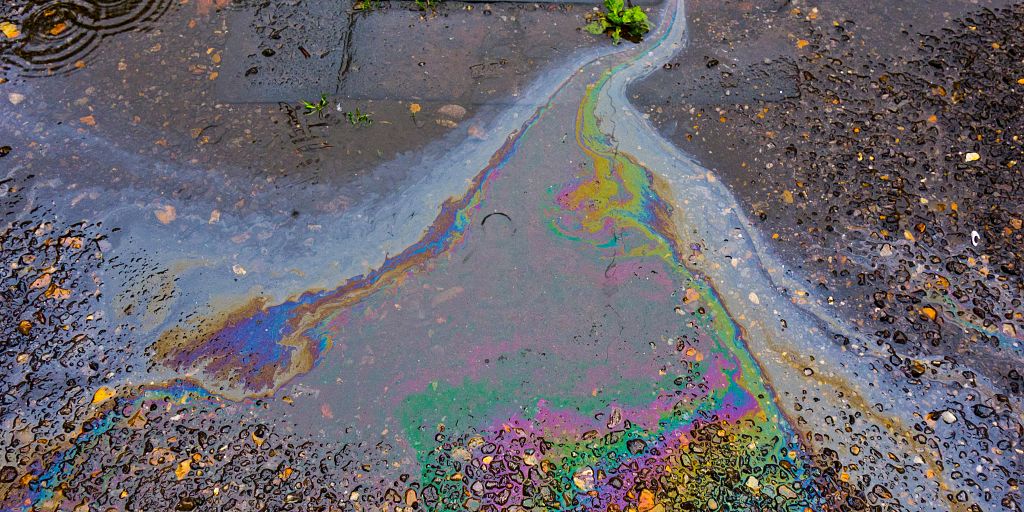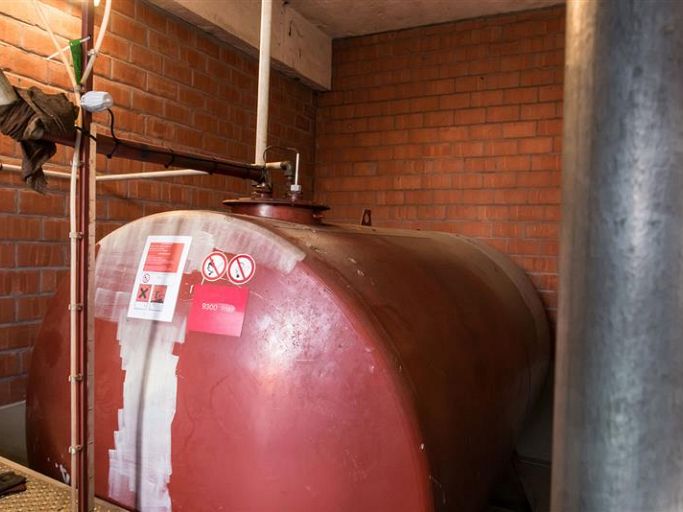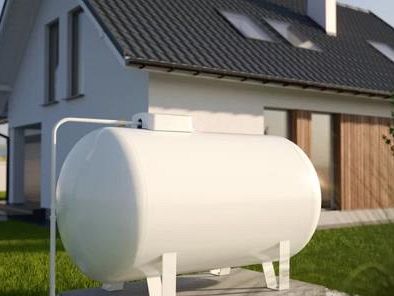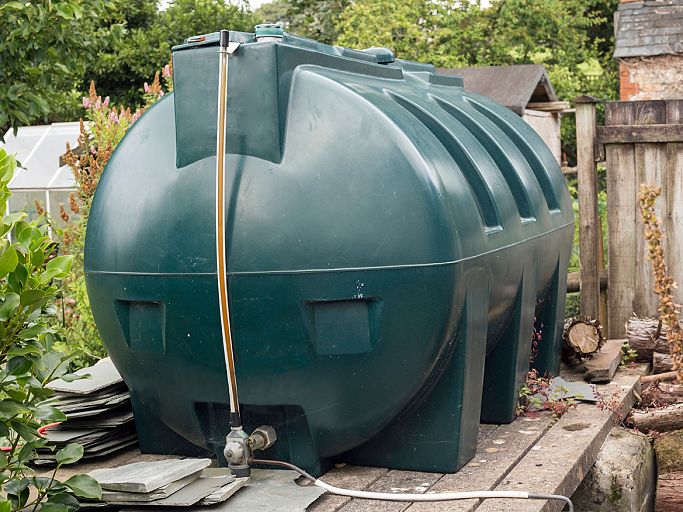- Oil
- Diesel
- Petrol
- AdBlue
- Water
- Sewage
-
Brands
- New Releases
- In Stock
- Sale
- Best Sellers
- Fuel Tank Hire
- More
-
Services
How to Deal With an Oil Spill
19th September 2022 in oil

It’s crucial to contain and deal with any oil leak or spill as soon as possible. Not doing so means consequences – as well as environmental damage there will also be the cost of clean ups as well as the value of the oil lost from the tank.
It’s important to make sure that any oil you store is kept safe and secure and adheres to oil storage tank regulations. Regular inspection and proper maintenance of your tank, when necessary, is a smart move for preventing leaks and spills. Keeping on top of the oil tank situation ensures that any small problems are caught in time before developing into something difficult to manage or pay for.
How to deal with an oil spill
Firstly, you should deal with it as quickly as possible – though, as with any other unwanted situation, it’s important not to panic as you’ll not be thinking clearly, and any error or oversight could make things worse. Dealing with an oil spill (aka a leak) is relatively easy, and you should follow the steps below.
- Locate the leak: Where the oil is leaking or spilling from may be obvious - an open crack or split with oil visibly coming from it – but in other cases it might not be immediately apparent, and you will have to search for the problem area (for example, if a valve or pipeline has leaked over time). Leaks from the oil tank itself are the most common, or from one of the valves or supply lines attached to it. Be methodical and organised in the way you search as this will help you be more efficient.
- Contain the leak: You should always turn off the tap and also contain the leak if you can, to prevent escalation of the problem. Put a bucket or bowl or some other kind of receptacle underneath the leak to capture waste. If the tank itself has a split, you could rub an old bar of soap against it and that will temporarily seal it. Remember, though, that if it rains you should reseal as the soap will dissolve in the rain.
- Stop the flow and prevent spread: Rather than damming the oil further along, you should aim to stop the flow at source. If oil spills or leaks into the ground or drains and water sources it can mean a serious additional problem to have to deal with. Use dry sand or other absorbent material (cat litter, rice or salt work!) as a spill kit to soak up the oil. Don’t use soap or household detergents to try and clean the oil up, and don’t attempt to hose the oil away as this will only spread the contamination. Always try to absorb it instead.
- Contact: Your oil delivery company, tank installation company or other organisation qualified to deal with such matters, should be able to remove any remaining oil into a holding tank. They will also be able to assess the clean-up situation and tell you whether the Environment Agency, the Government body dealing with pollution etc, needs to be informed. It may also be necessary to inform your insurance company.
It can take a long time – weeks, months or years - to clean up a large oil spill and it will also cost you money. Of course, prevention is always better than cure – so you should take every possible step you can to make sure that you’re set up to prevent an oil spill. Here’s how…
How to prevent an oil spill
- Go bunded: A highly effective way to prevent oil spills and leaks is to install a bunded oil tank. A bunded tank is, essentially, a tank within a tank - designed specifically for countering the problem of damage to the actual tank containing the oil. If the inner leaks, the outer bund will contain the oil – which means it is prevented from seeping into the ground or causing other problems.
- Site: There are strict environmental regulations for the installation of oil tanks, and you must comply with them. If you site your tank near water (river, stream or any other source of water), the tank should be installed 10 metres from it - even if it bunded.
- Service: Regular oil tank services – annual, for instance – are recommended by OFTEC (the Oil Firing Technical Association) and by most tank manufacturers themselves. This regular observation and service will help spot faults before they fail, and you will be offered the right advice for maintenance tasks which need to be performed. They may even advise you on oil tank removal, for example, if the body of the tank is very rusty or in really poor condition or located inappropriately and oil tank replacementto somewhere more suitable is required.
This guide should provide you with a basic examination of how to deal with an oil spill. Oil is dangerous to the environment, as it will contaminate the water supply and seriously damage the natural habitats of the wildlife around us. Any amount of oil-contaminated ground around your home that is not dealt with could also be catastrophic in the event of a house fire. Once a spill occurs it’s difficult to clean up but should be tackled immediately.
One of the largest selections of tanks in the UK
Chat online or call us today on 01469 531229
Related Products
More Articles

How to Prevent Oil Theft – 8 Security Measures
1st August 2022 in oil

7 signs your oil tank needs replacing
4th August 2022 in oil

What are the advantages of a bunded oil tank?
6th August 2022 in oil

Our top 8 ways to maintain your oil tank
8th August 2022 in oil
Help
About Us
My Account
Newsletter Sign Up
Inspiration direct to your inbox, please enter your email below...
Help About Us My Account
© Tanks R Us. All rights reserved. Registered in England. Registration number. 05804332. VAT number 364402764
Designed and produced by Kal Group